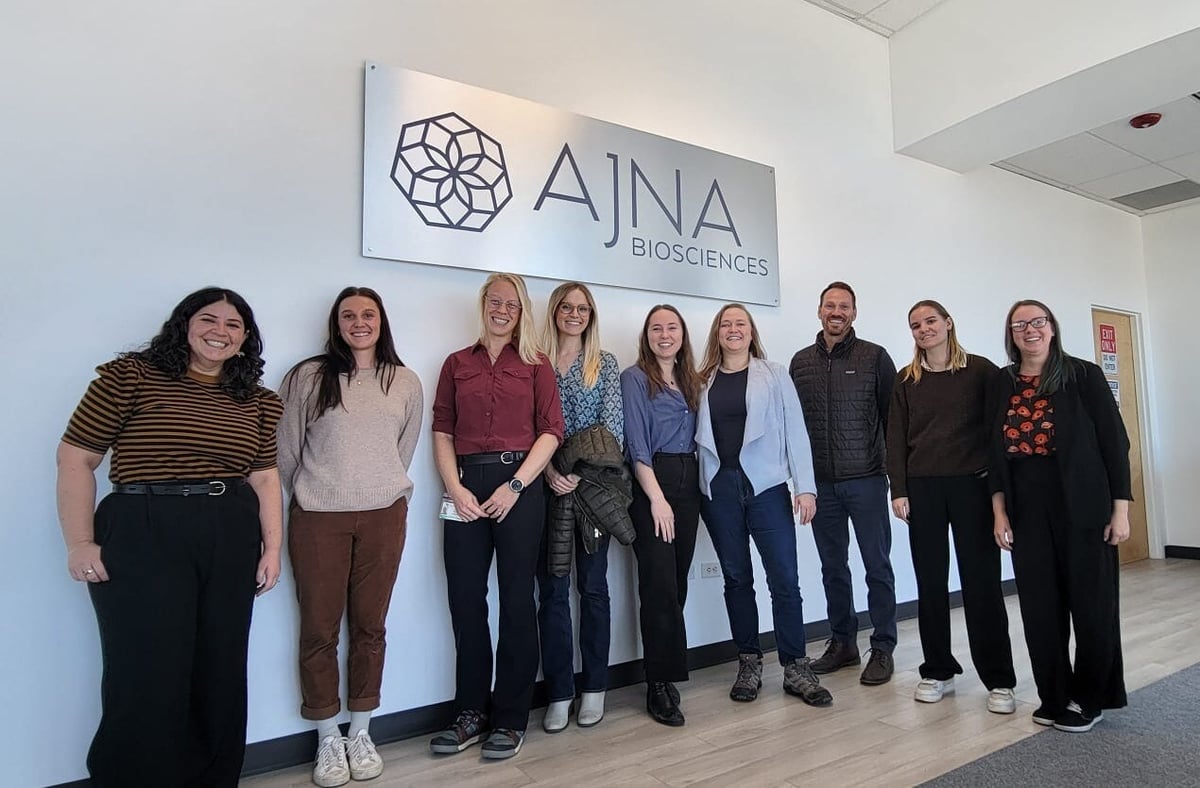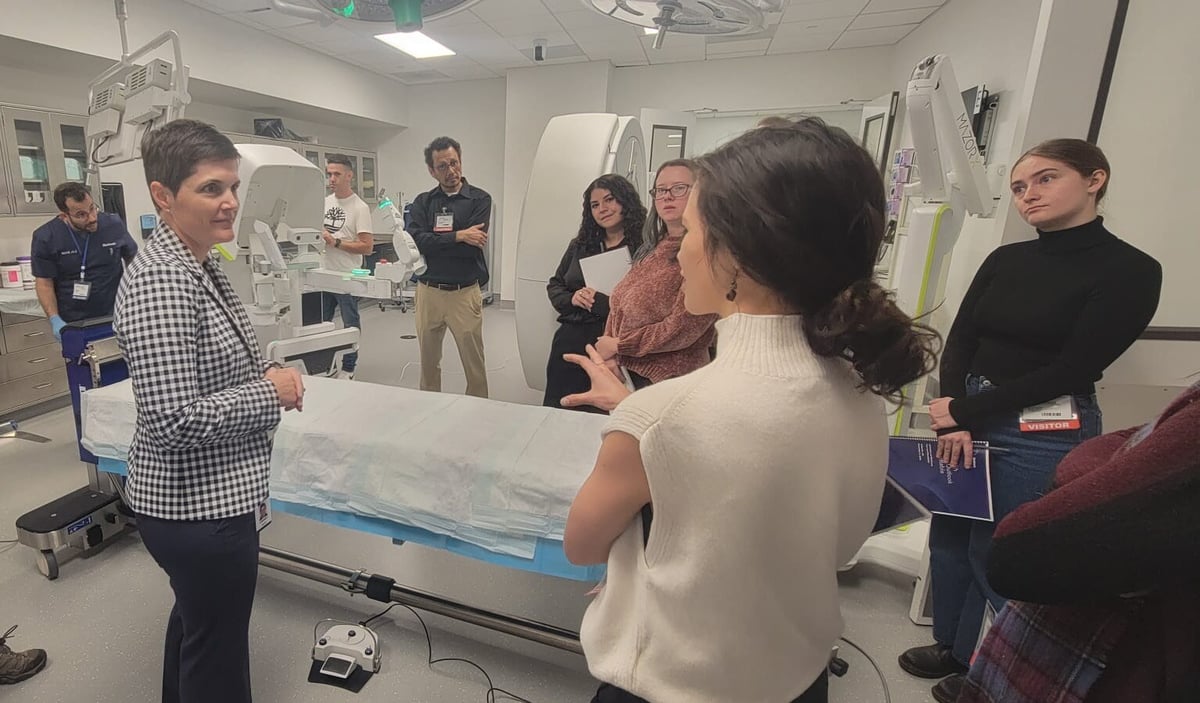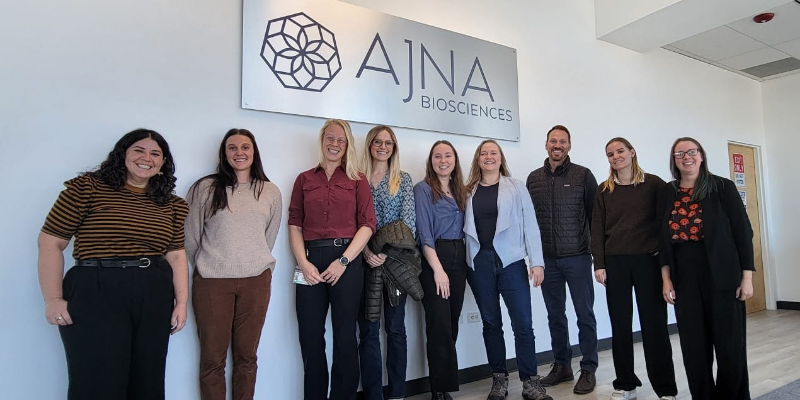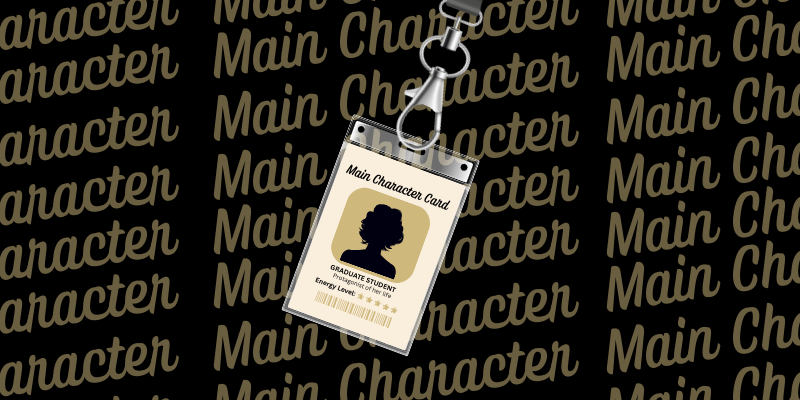As doctoral students, we can often feel unmoored in the ever-changing landscape of "future plans." Still, when I saw the advertisements for iCERch, it was easy to dismiss as something I didn't need to add to my already full to-do list.
That was until a postdoctoral researcher in our laboratory, Matt, started to nudge me to look into it. He had completed the program the year prior and shared an insight that caught my attention.
"It's not just about the research skills," Matt said. "iCERch helped me see how my work could translate outside academia. I learned to network and communicate my research to people who aren't in our field. That's invaluable, no matter where you end up."
iCERch stands for the Individual Career Exploration Research program and targets late-stage PhD students and postdoctoral researchers. The program helps participants gain traction before traction is due by emphasizing building soft skills and networks early.
The program is run through the CU Anschutz Career Development Office (CDO). Since 2021, the program has consistently seen approximately 20 students per cohort through the semester-long program. The strongest initial draw for me was the inherent “safety net” of being able to explore career interests beyond my current project without the pressure of a savings account running low as I actively look for work.
The iCERch course wastes no time diving into the core of career development: understanding the "why" behind your job aspirations and linking potential career paths to your existing skillset.
“In these first few workshops, we hit your motivations hard. Our experience shows that leading with your interests and values in your career search leads to a more fulfilling career path,” Dr. Hannah Hathaway, program manager of the CDO, said.
I knew my priorities from past jobs and the motivations I had for applying to graduate school were heavily centered on wanting to be in work that challenges me to think creatively about solutions. I love the flexibility in what I do to be reflected in what I produce. What I was surprised to find during this initial assessment was that I placed high value on being able to share this information with other people. This insight led me to apply for Project Bridge, which facilitates public outreach, and also pushed me to look into jobs that were more public speaking heavy like medical science liaison or clinical scientist roles.
During the program, we also focused on how to build a professional presence, with an emphasis on the growing significance of online professional networks. For many of us, including myself, this meant revisiting long-dormant LinkedIn accounts.
We were shown examples of alumni from the CU Anschutz campus and beyond who had built impressive online CVs. The ability to see first-hand what others had done well and what career moves they might have made gave me the confidence to start investigating insider knowledge of those already working to build my own online story.
Having revamped my online profiles, I found that my apprehension around marketing myself to employers was beginning to fade. Being able to succinctly develop a platform that outlined the jobs I had worked and each skill I obtained through them quieted my harsh inner critic. After this class, I have treated my LinkedIn as a professional “journal” of sorts that allows me to chronical my proudest professional moments in graduate school. As I have added to this digital portfolio, this visual representation of my career journey has helped facilitate one of the strongest skills I have taken away from this class: informational interviewing.
In today's fiercely competitive job market, the power of informational interviews as a strategic tool for career exploration and networking cannot be overstated. These conversations offer a direct pathway to gaining invaluable insights into potential career paths, well before the formal job search begins. The statistics speak volumes: while only 1 in 100 general applicants secured a position, an impressive 1 in 7 personal referrals successfully land a job within their target company.1 This stark contrast underscores the critical importance of building personal connections in the professional world.
The concept is beautifully simple yet profoundly effective—engage in meaningful dialogue with individuals already thriving in your aspired role. Armed with a renewed confidence in my professional capabilities and paired with a healthy dose of curiosity, I completed one interview within the iCERch course, and several since.
My initial foray involved an enlightening conversation with an alumnus from the CU Anschutz network, currently excelling as a medical science liaison. What I gained from sitting down and talking to her directly were the nuanced subtleties that are often lost in digital communication. She shared invaluable insights about her employer's culture from a personal perspective, offering a glimpse into the day-to-day realities of the workplace. Her narrative of professional growth—transitioning from a nonprofit role to her current position—was both surprising and informative. This personal account provided a roadmap of career progression that I might not have grasped from a written job description.
Perhaps most valuable were her recommendations for skill development. Based on her experience and understanding of my background, she pinpointed specific competencies that would be beneficial if I chose to pursue a similar career path. These conversations have not only expanded my professional network but have also provided me with a multi-faceted understanding of the role, its challenges, and its rewards.
By embracing this proactive approach to career development, the CDO has helped me position myself at the forefront of industry trends and insights. As I continue to refine this skill, I'm confident that these connections and insights will prove invaluable in establishing clear road markers in my professional journey.
The culmination of this course is the opportunity to tour facilities within and around Denver. The iCERch program offered our cohort exposure into three innovative healthcare companies: Medtronic, a global leader in medical device development technology; AOA Dx, a pioneering startup developing early-stage ovarian cancer detection technologies; and Ajna BioSciences, a start-up firm creating FDA-approved psychedelic based botanical medicines. This provided us with a comprehensive view of diverse career opportunities in the Colorado biomedical industry.
These site visits were intentionally planned by the CDO to expose students to a variety of working environments. I attended the Ajna and Medtronic trips with the intention of asking focused questions about how their businesses operated without the pressure of being in a live interview. We took over an hour and a half peppering both companies with questions related to the hiring process, day-to-day operations, and their personal takes on how they landed their current jobs.
Leaving these visits boosted my confidence in my ability to network more broadly and helped me recognize areas for improvement to enhance my marketability. I was also able to take advantage of these visits to reinforce and challenge aspects of what I would be looking for in a company.
At the end of the program, our cohort was encouraged to share insights from any informational interviews we had completed to disseminate valuable tips and tricks discovered during these conversations. This sharing process not only benefited the cohort but also individually reinforced what we thought was valuable information for future follow-ups. Finally, we were tasked with creating an action plan for our remaining years before entering the job market.
The journey through iCERch proved to be a transformative experience, blending prior knowledge of the job preparation process with new ideas and insights. This program highlighted how critical hands-on experience and networking can be when building a career path, while also emphasizing the importance of leveraging available resources early to overcome academic tunnel vision.
As I reflect on my iCERch experience, I'm reminded of the words that initially sparked my interest. Like Matt did for me, I've started encouraging other PhD candidates to look into these resources and techniques at their disposal. The skills I've gained have equipped me with a newfound confidence in navigating my career path with greater clarity, adaptability, and confidence.
As I continue my doctoral journey, I see a world of possibilities involving industry and academia and I feel prepared to explore them. Just as Matt's casual recommendation became a beacon in my fog of career uncertainty, I hope my experience can serve as a guiding light for others.
References
- Recommended, C. How Online Social Job Sites Have Revolutionized The Job Search. Business Insider https://www.businessinsider.com/how-online-social-job-sites-have-revolutionized-the-job-search-2012-10.










.png)